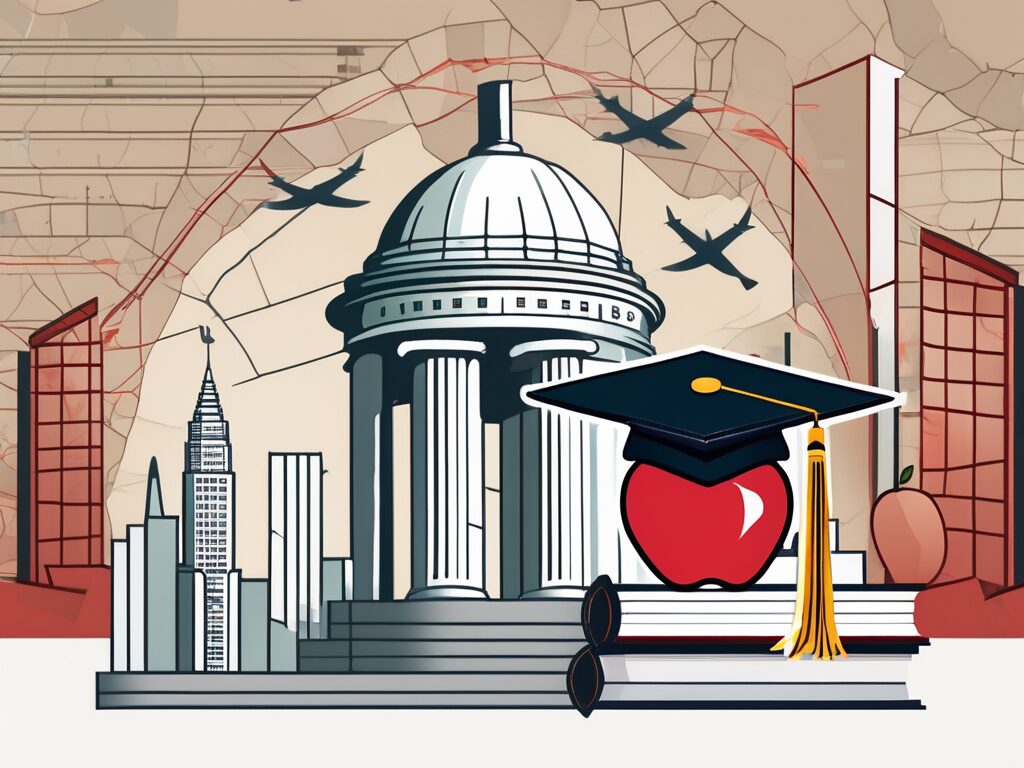The world of teaching is a dynamic and challenging one, particularly for those embarking on a Postgraduate Certificate in Education (PGCE) journey. In Malaysia, this journey is fraught with unique hurdles that require a blend of resilience, adaptability, and innovation. In this piece, we delve into six of the most significant challenges faced by PGCE teachers in Malaysia and explore potential solutions to these issues.
1. Cultural Diversity
Malaysia is a melting pot of cultures, with a population comprising Malays, Chinese, Indians, and various indigenous groups. This cultural diversity, while enriching, presents a significant challenge for PGCE teachers. They are tasked with creating an inclusive learning environment that respects and celebrates these differences.
One way to navigate this challenge is by incorporating culturally responsive teaching methods. This involves incorporating students’ cultural references in all aspects of learning, from lesson planning to assessment. For example, teachers could use local folk tales or historical events to illustrate concepts in literature or social studies.
2. Language Barriers
Malaysia’s linguistic landscape is as diverse as its cultural one. While Bahasa Malaysia is the national language, English, Mandarin, and Tamil are also widely spoken. This linguistic diversity can pose a challenge for PGCE teachers, particularly those who are not multilingual.
One potential solution is to incorporate language learning strategies into the curriculum. This could involve using visual aids, interactive activities, or digital tools to facilitate comprehension and engagement. Additionally, teachers could encourage peer learning, where students help each other understand the content in their native language.
3. Resource Constraints
Like many developing countries, Malaysia grapples with resource constraints in its education sector. These constraints can limit the quality of education, particularly in rural and underprivileged areas. PGCE teachers often have to make do with limited resources, from outdated textbooks to a lack of digital learning tools.
One way to overcome this challenge is by leveraging low-cost or free resources available online. From open-source textbooks to free educational apps, there is a wealth of resources that can supplement traditional teaching materials. Additionally, teachers could explore project-based learning, which encourages students to learn by doing, often with minimal resources.
4. Standardised Testing Pressure
Malaysia’s education system places a heavy emphasis on standardised testing. This pressure to perform can often overshadow the importance of holistic learning, putting PGCE teachers in a difficult position.
While teachers cannot completely eliminate the pressure of standardised testing, they can help students manage it better. This could involve teaching stress management techniques, promoting a growth mindset, or incorporating formative assessments that allow students to learn from their mistakes rather than fear them.
5. Technological Challenges
With the advent of digital learning, technology has become an integral part of education. However, not all schools in Malaysia have the infrastructure to support this shift. This digital divide poses a significant challenge for PGCE teachers, particularly in the wake of the COVID-19 pandemic, which has necessitated remote learning.
One potential solution is to adopt a blended learning approach, which combines traditional classroom methods with online learning. This could involve using a mix of online and offline resources, depending on the availability of technology. Additionally, teachers could seek support from non-profit organisations or corporate social responsibility initiatives that aim to bridge the digital divide.
6. Professional Development Opportunities
Continuous professional development is crucial for teachers, allowing them to keep up with the latest pedagogical trends and improve their teaching skills. However, in Malaysia, opportunities for professional development can be limited, particularly for PGCE teachers.
Teachers can overcome this challenge by seeking out online professional development opportunities. Many universities and educational organisations offer free or low-cost courses for teachers. Additionally, teachers could join professional networks or online communities where they can share resources and learn from their peers.
In conclusion, while the challenges faced by PGCE teachers in Malaysia are significant, they are not insurmountable. With resilience, creativity, and a commitment to continuous learning, teachers can navigate these hurdles and create a positive and inclusive learning environment for their students.
Elevate Your Teaching Career with The IQTS at UWE
As you navigate the complexities of the education landscape in Malaysia, The International Qualified Teacher Status (iQTS) programme at UWE is your partner in overcoming these challenges. With our Level 7 qualification, you’re not just preparing for the classroom of today but also for the global education demands of tomorrow. Join the ranks of educators who have enhanced their career progression, expanded their professional networks, and gained a comprehensive understanding of international curricula. Don’t let isolation or qualification barriers hold you back. Make Your Next Step with the iQTS programme and transform your teaching journey into a story of success.

